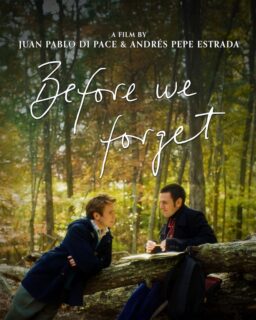The telephone rang, and it was Steven Spielberg once again. After our previous conversation, I sent him a defense of “Munich” written by Jim Emerson, editor of www.rogerebert.com. His article includes quotes from many Jews highly critical of Spielberg.
I heard an urgency in Spielberg’s voice.
“[Emerson’s article] brought together some sources and some criticisms I hadn’t seen,” Spielberg said, “and it made me want to be more specific about the responsibility of a Jewish artist.
“Everybody is sort of saying they wish I would be silent. What inspired me by what I read in Emerson’s article is that silence is never good for anybody. When artists fall silent, it’s scary. And when Jewish artists fall silent about Israel, it’s maybe not so much because we think asking questions will do damage to Israel, but because we’re intimidated by the shrillness and hysteria with which these questions are received sometimes.
“And I guess, because I’m a Jewish-American artist, that means that I’m not willing to shut up because somebody who claims to speak for the Jewish community tells me to. I guess I have a very deep faith in the intelligence and in the fairness and in the intellectual courage of the Jewish community, and I know that the questions I’m posing with ‘Munich’ are also questions that many Jews here and in Europe and Israel are asking.
“I think that Jews have always understood that the combination of art and advocacy are not the work for the shy or the timid, and that’s why Jews down through history have produced so many important advocates — because the Jewish community traditionally celebrates a variety of thought. I do not believe that ‘Munich’ will polarize and was not intended to polarize that community which I love.”
Roger Ebert











